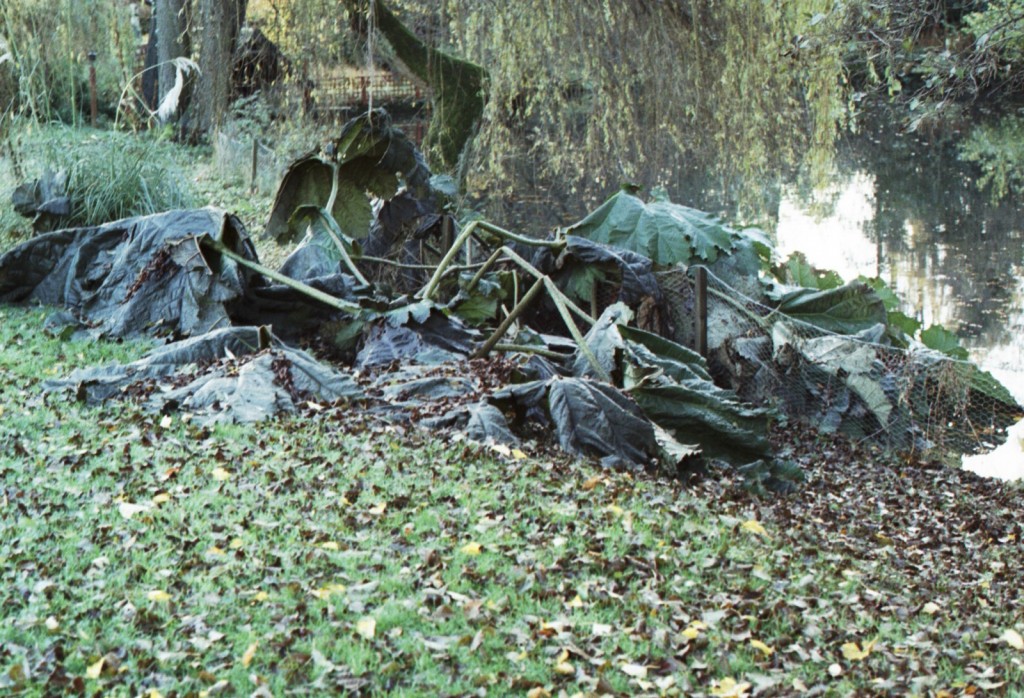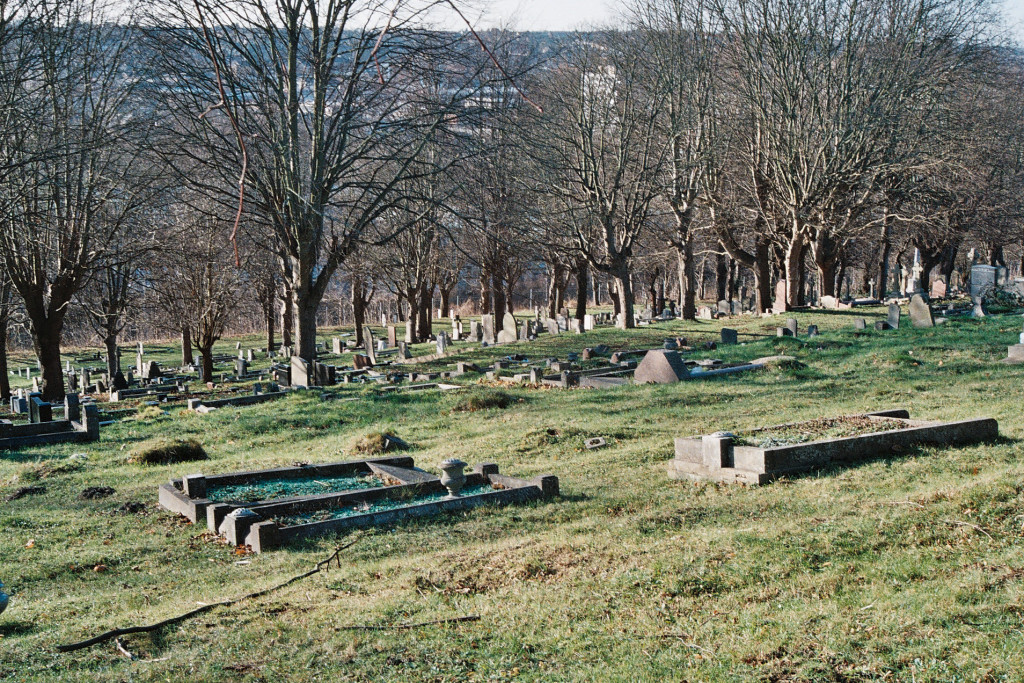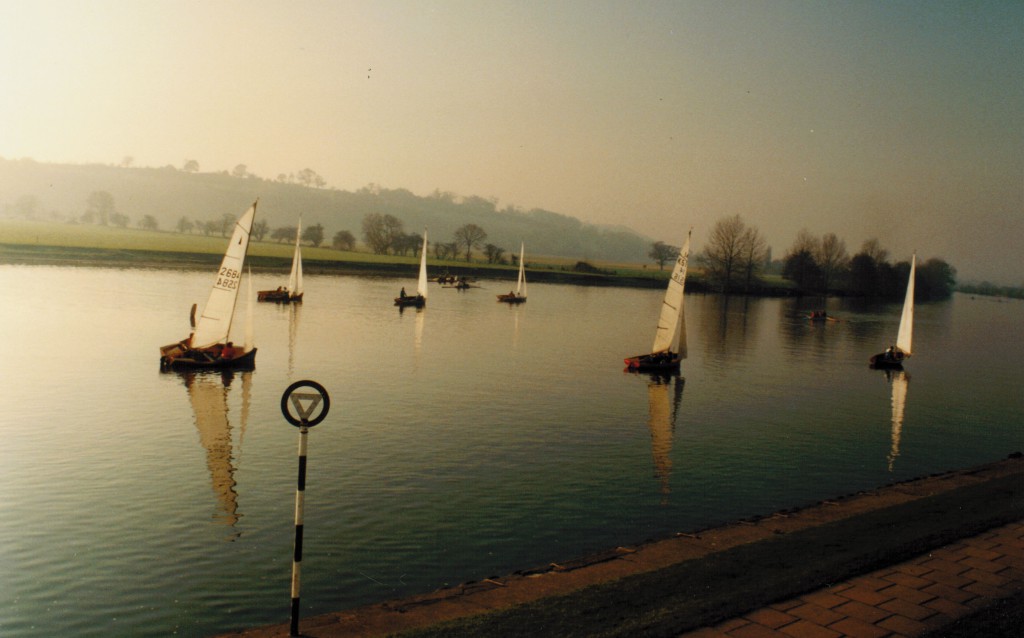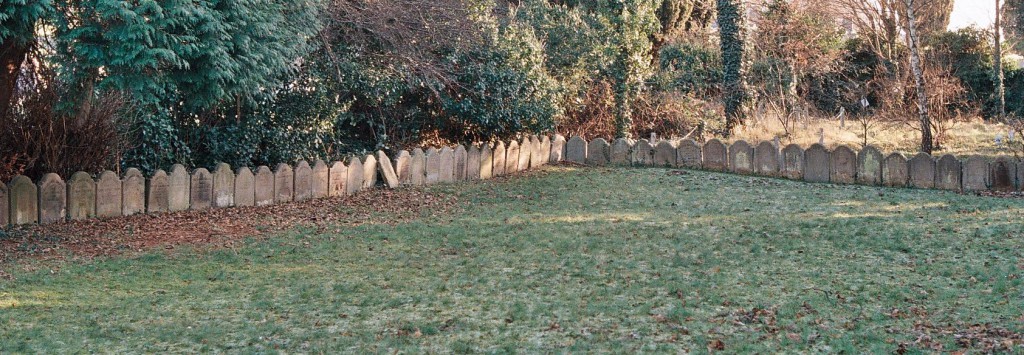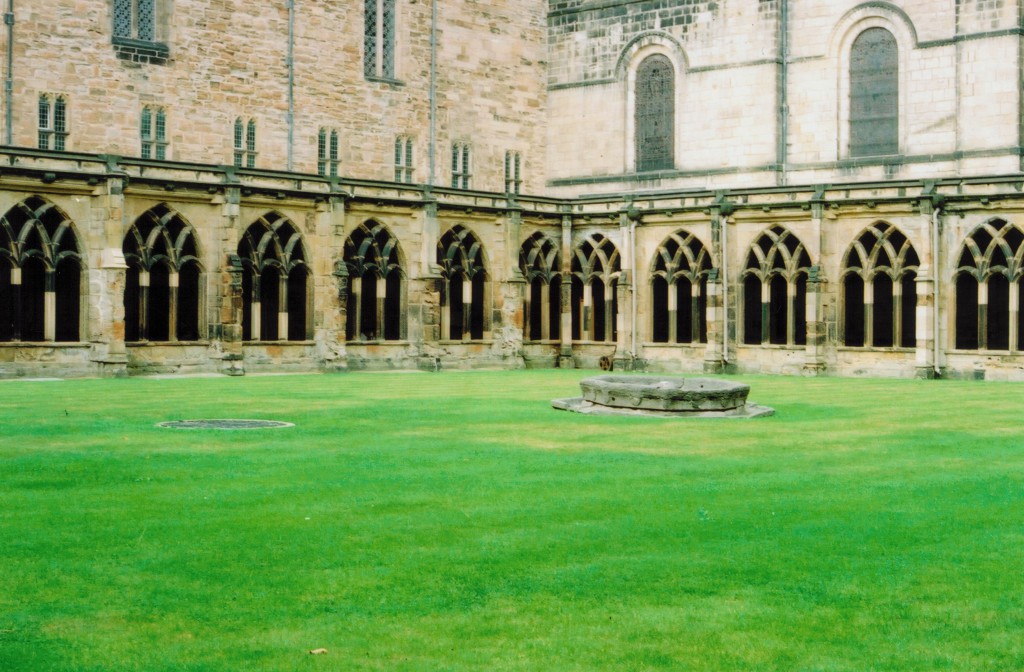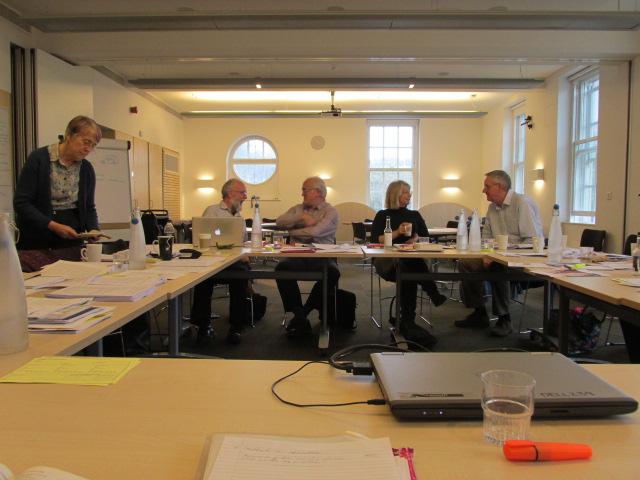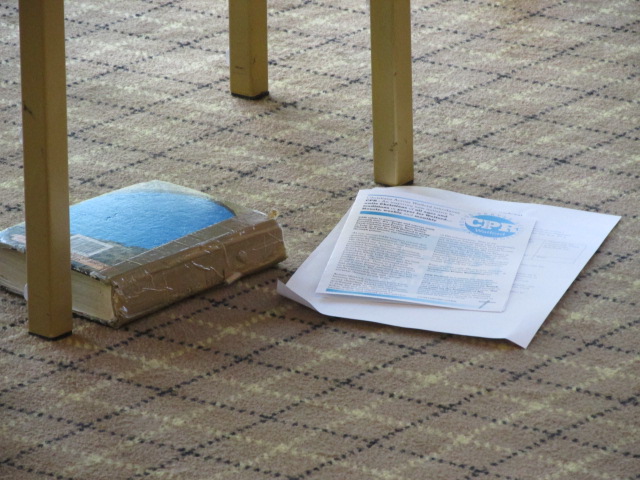Advices and queries 30. Are you able to contemplate your death and the death of those closest to you? Accepting the fact of death, we are freed to live more fully. In bereavement, give yourself time to grieve. When others mourn, let your love embrace them.
Contemplating our own death. Not easy. Contemplating the death of those closest to us. Probably harder.
Contemplating my own death. That’s closer to home, more specific, getting harder. Contemplating the death of those closest to me. Very difficult.
I can cope with some of the practicalities.
I’ve made a will, as has my spouse. At some point they need to be reviewed, but they are written in general enough terms that they probably stand for now.
I’ve registered with the MS tissue bank. They welcome donations of brain, spinal cord and a small piece of muscle tissue. It has to be taken shortly after death. It’s important to let people know one’s wishes about this. I have talked to my close relatives about it and that was OK. My spouse has signed up too, samples from people without MS are also needed for research.
I’ve thought about my funeral and discussed with my family. While I’d love a sky burial being butchered and fed to the red kites flying over Winter Hill, I’m accepting that a woodland burial in a willow casket (sustainably sourced) in a foetal position is a far more practical option. An accompanying meeting for worship would be my suggestion, but funerals are for the living not the dead – so those left can do what they like as far as I’m concerned. A do-it-yourself funeral would be my family’s general style though, as well as my suggestion.
I’ve thought through and discussed my views on assisted suicide, having a diagnosis of MS brings such things a step closer. I’m convinced that I don’t want to ask anyone to help me die. I think it would be wrong to ask it of anyone. That means I have to endure the pain and deterioration in function that is almost certainly my lot. Some days I have a lot of pain and wonder if I’ll hold to this resolution.
I’m aware of my spouse’s choices too, to quite an extent. Though I think we both should write it all down. We thought to put everything in a book, but the younger generation think it should be on google drive where they can easily access it too. My parent’s have done the paperwork ready for enduring power of attorney, wills, lists of where their money is invested, prepaid funeral plans, everything in order – and I have copies of all that would be needed.
But what about the emotional aspects of all this?
In bereavement, give yourself time to grieve.
This is the really hard stuff. I’m naturally good at being practical, sorting out, organising, trying to support everyone else. But admitting that I need time to grieve too …
I went to my father-in-law’s funeral full of how I was there to support my spouse and our children, how I could cope with the practicalities and hold others while they cried. The service began and I burst into tears, didn’t notice anyone or anything else much for the duration – just cried all the way through. It was healthy and needed, but caught me totally by surprise. So what if the deceased is my spouse, or my child, or my parent?
Clearly a lot still to work on.

